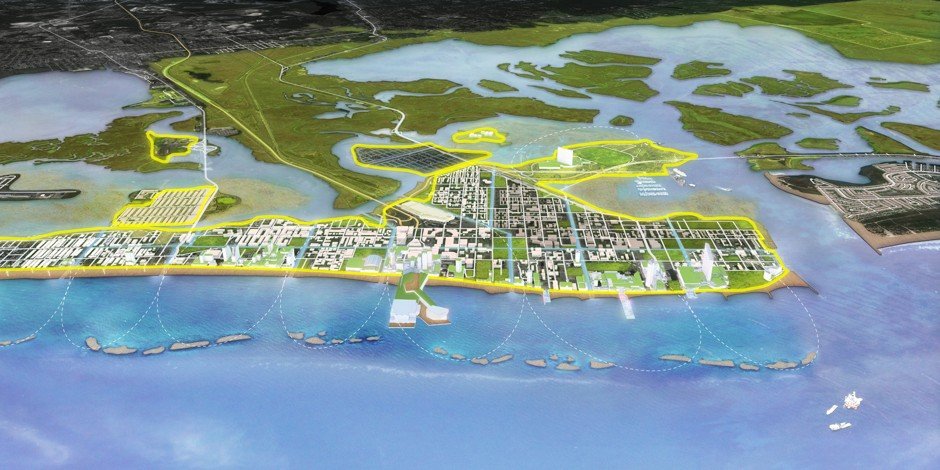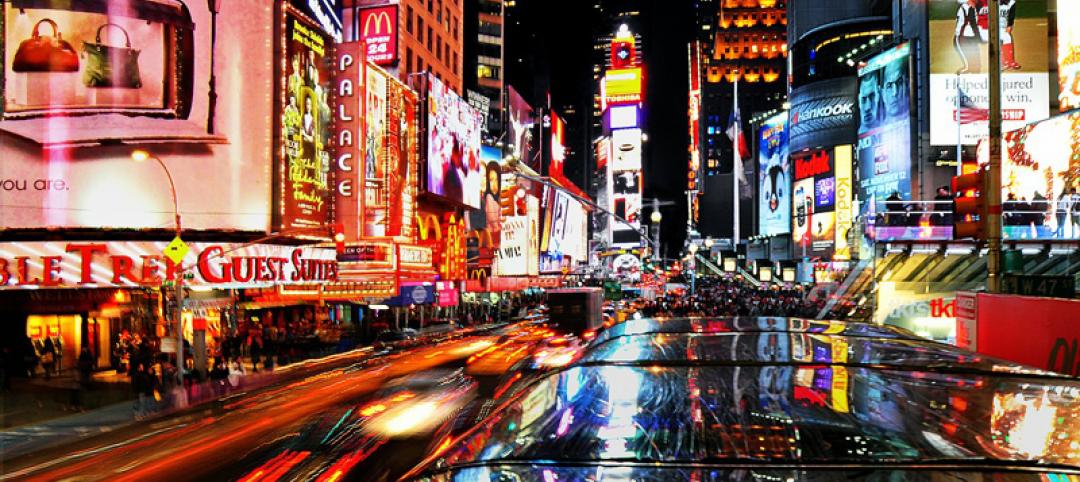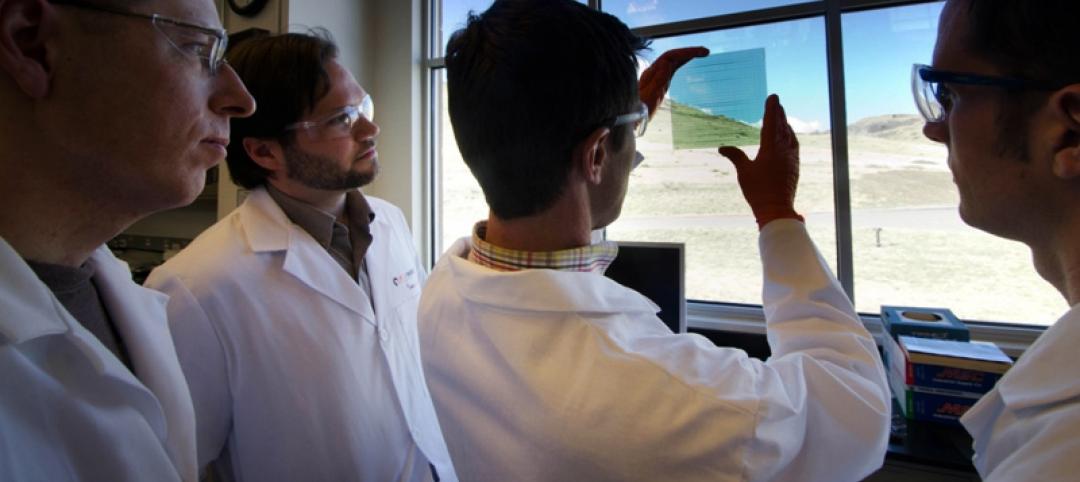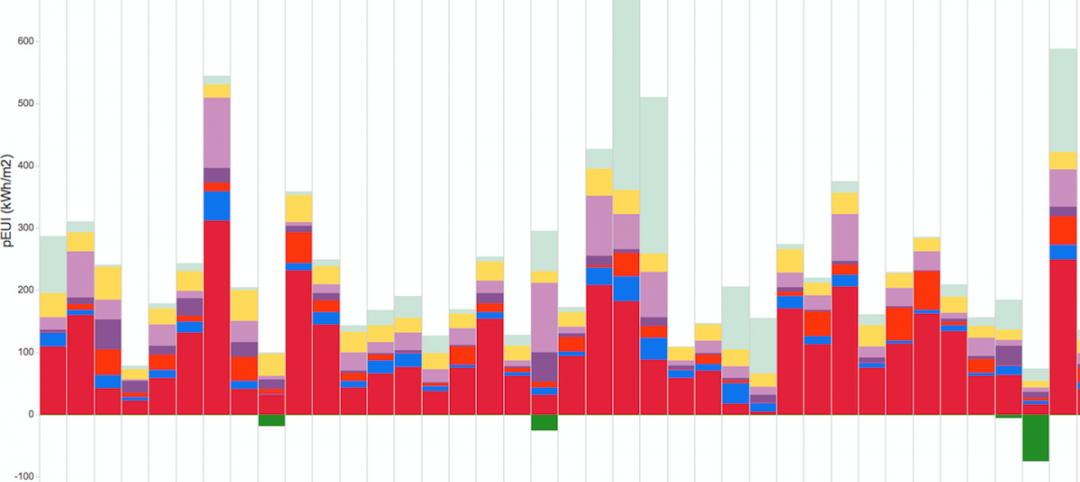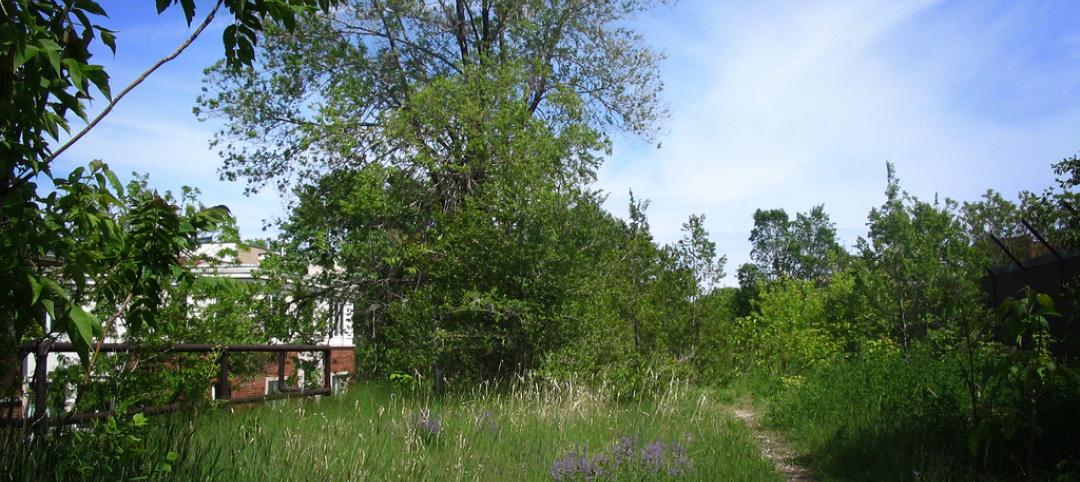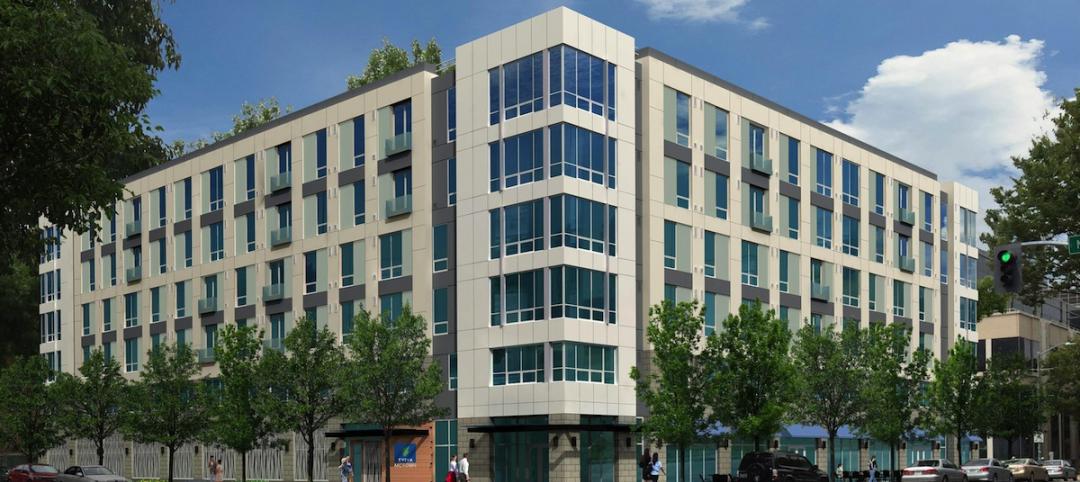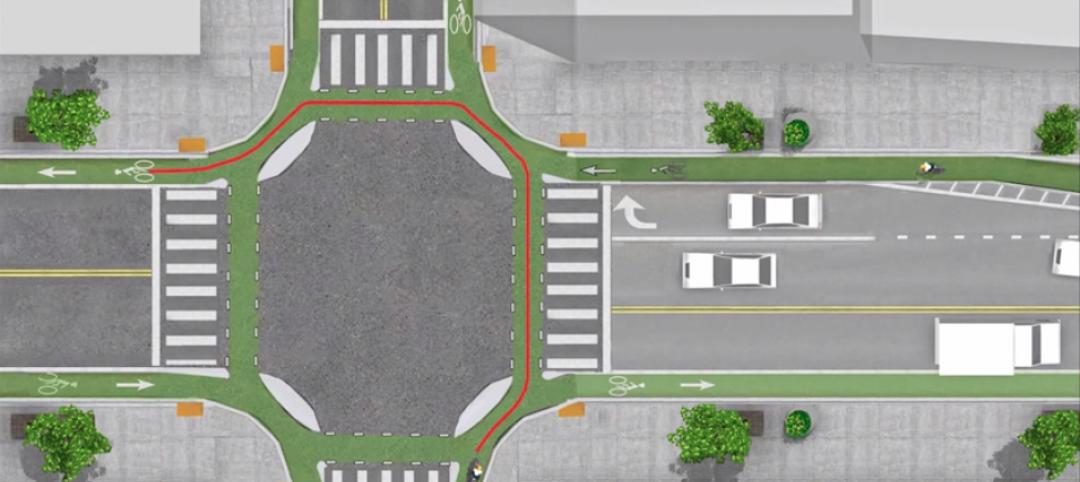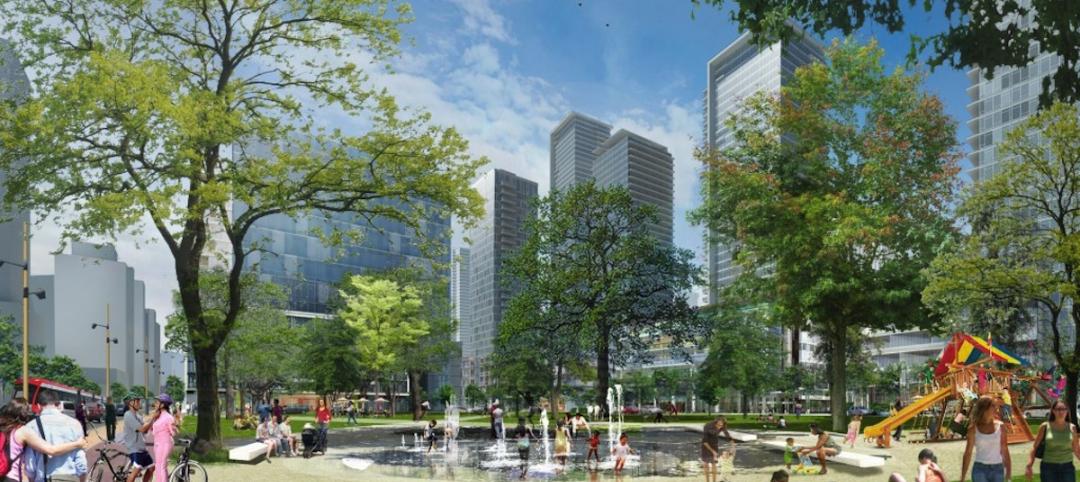Casinos have been closing in Atlantic City, N.J., despite Governor Chris Christie’s visions to make it “Las Vegas East.” Five years ago, the governor said “Atlantic City is dying,” but not much progress has happened since.
Perkins+Will believes it has a solution that could put Atlantic City’s existing infrastructure to good use—by turning the Jersey Shore city into a research center for climate change and coastal resiliency.
As Business Insider reports, the firm wants to repurpose the Atlantic City Convention Center as a "civic-scale academy for training leaders from around the world on resiliency standards, techniques, and doctrine,” using vacated casino buildings for conferences and presentations.
Wind tunnels and labs could be made out of the windowless basement rooms originally built for slot machines.
“Two things aligned in Atlantic City: its current economic state and its climate vulnerability,” Daniel Windsor, Senior Urban Designer and Senior Associate with Perkins+Will, told Business Insider.
Related Stories
Smart Buildings | Jun 11, 2015
Google launches company to improve city living
The search engine giant is yet again diversifying its products. Google has co-created a startup, called Sidewalk Labs, that will focus on “developing innovative technologies to improve cities.”
Green | Jun 8, 2015
Maryland tech firm is developing spray-on solar panels for windows
Made primarily out of hydrogen and carbon, the coating can turn see-through surfaces into solar panels.
Green | Jun 8, 2015
Diamond Schmitt Architects creates tool to compare energy use data across building types
The firm's new ecoMetrics tool allows for a comprehensive analysis of data from energy simulation models across a wide range of the company’s building types.
High-rise Construction | Jun 5, 2015
Japanese policymakers discuss mandate for toilets in elevators
This quirky-sounding building code is a safety measure for the earthquake-prone nation.
Cultural Facilities | Jun 5, 2015
Chicago’s 606 elevated park opens
The 2.7-mile stretch repurposes an abandoned elevated train track that snakes through Humboldt Park and Bucktown.
Smart Buildings | Jun 4, 2015
Evidence suggests wider lanes make city streets more dangerous
Lanes that are 10.5 feet wide have lower side impact crashes than standard 12-foot lanes, suggests new research.
BIM and Information Technology | Jun 3, 2015
More accurate GPS ready to change the way we shop, interact, and explore
New technology reduces location errors from the size of a car to the size of a nickel—a 100 times increase in accuracy. This is a major technological breakthrough that will affect how we interact with environments, the places we shop, and entertainment venues.
Multifamily Housing | Jun 1, 2015
Sacramento moves forward on multifamily project with new modular supplier
Guerdon Modular Buildings will provide modules for 118 apartments.
| May 29, 2015
Austin, Salt Lake City, Davis, Calif., and Boston creating first protected intersections in U.S.
Protected intersections arrange traffic so that everyone—bicyclists included—can see all moving traffic simply by looking forward instead of forcing people in cars and on bikes to look constantly over their shoulders.
Smart Buildings | May 28, 2015
4 ways cold-climate cities can make the most of their waterfronts
Though cold-climate cities pose a unique challenge for waterfront development, with effective planning waterfront cities with freezing winter months can still take advantage of the spaces year-round.


